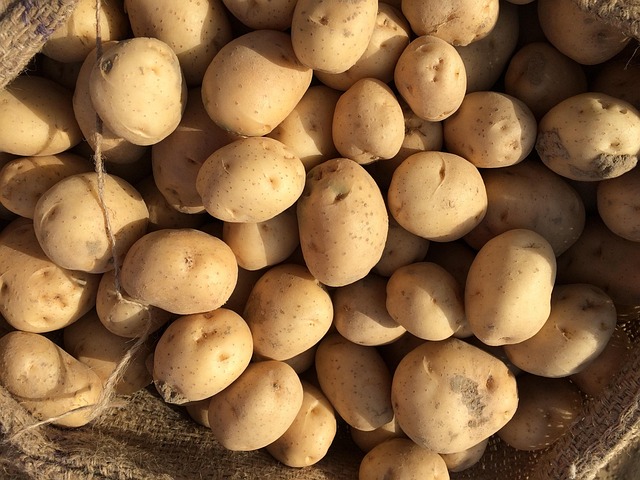Overview
Amylose, Potato (CAS Number: 9005-82-7), is a naturally occurring linear polysaccharide primarily composed of α-D-glucose units linked by α(1→4) glycosidic bonds. Extracted from potato starch, this biopolymer is recognized for its unique structural and physicochemical characteristics, making it valuable in a wide range of non-food applications across material science, pharmaceuticals, and biotechnology.
Chemical and Physical Properties
– CAS Number: 9005-82-7
– Molecular Formula: (C₆H₁₀O₅)ₙ
– Structure: Linear polymer with minimal branching, forming helical configurations in solution
– Solubility: Limited solubility in cold water; increases upon heating
– Appearance: White to off-white powder
– Molecular Weight: Variable, dependent on polymer chain length
Key Industrial Applications
1. Biodegradable Films and Packaging
Due to its film-forming ability and biodegradability, potato-derived amylose is used in the development of sustainable packaging materials. These films offer an eco-friendly alternative to synthetic plastics and are suitable for applications requiring controlled permeability and compostability.
2. Pharmaceutical and Biomedical Use
In pharmaceutical formulations, amylose serves as a matrix material in controlled drug delivery systems. Its ability to form inclusion complexes and hydrogels allows for targeted delivery and modified release of therapeutic agents. Additionally, it is being explored as a carrier for nanomedicine and implant coatings.
3. Textile and Paper Industry
Amylose is employed as a sizing agent in the textile and paper industries. It enhances strength, reduces friction during processing, and improves printability and surface finish. Its water solubility and film-forming nature make it an effective temporary binder.
4. Adhesives and Binders
As a natural polymer, amylose contributes to the formulation of adhesives and binders used in paper lamination, construction materials, and biodegradable composites. It enhances adhesion while maintaining environmental safety.
5. 3D Printing and Bioplastics
Recent advances in additive manufacturing have incorporated amylose-based formulations into 3D printing filaments. The thermoplastic behavior of modified amylose allows for the creation of eco-conscious prototypes and structural components.
Advantages
– Biodegradable and renewable
– Non-toxic and environmentally friendly
– Good film-forming and adhesive properties
– Compatible with a variety of natural and synthetic polymers
Challenges and Considerations
– Limited mechanical strength compared to synthetic polymers
– Sensitivity to moisture and humidity
– Requires chemical modification for certain applications (e.g., esterification, cross-linking)
Conclusion
Amylose, derived from potato starch, offers a sustainable and multifunctional biopolymer solution for a range of industrial applications. Its role in biodegradable materials, drug delivery, adhesives, and other non-food uses continues to expand as research and innovation drive demand for renewable and eco-friendly materials.
City Chemical LLC is a top producer of chemicals like: Amylose, Potato (CAS #: 9005-82-7).
Visit City Chemical at www.citychemical.com.

